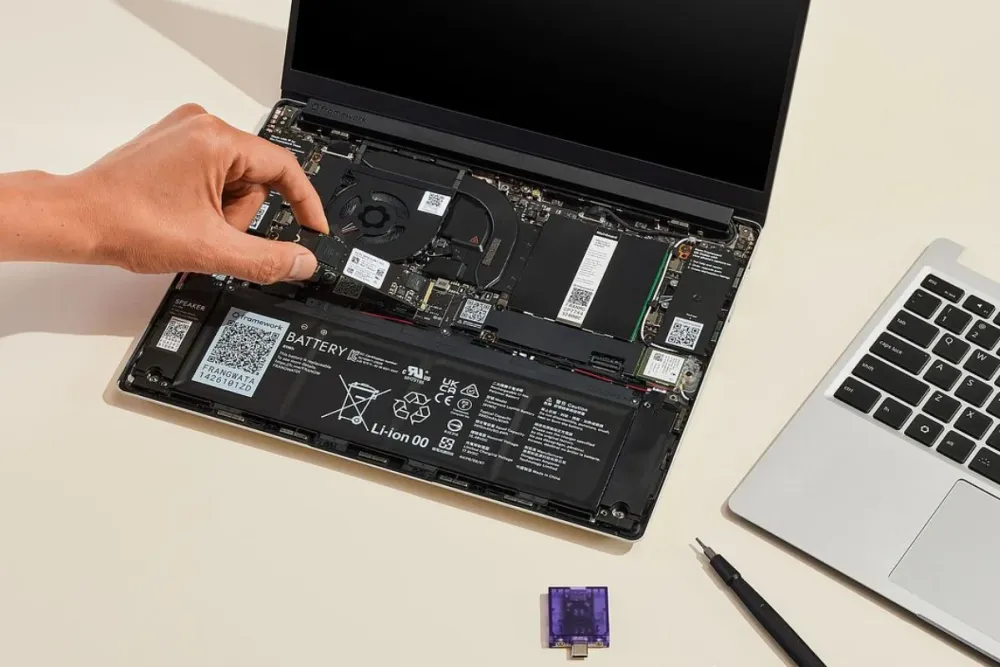
Due to the Trump administration’s new tariff policy taking effect on April 5, Framework has announced changes to its planned April 9 pre-order launch for its customizable Laptop 13. In response to the anticipated cost impact, the company will remove certain processor configurations from its U.S. website to avoid selling products at a financial loss.
Framework, in a statement, explained that its pricing was originally based on a scenario in which imports from Taiwan were not subject to additional duties. The imposition of new tariffs would therefore push costs beyond sustainable margins, leading to potential losses.
As a result, Framework will discontinue processor options such as the Intel Core Ultra 5 125H and AMD Ryzen 5 7640U, while retaining selections including the Intel Core Ultra 7 155H, Core Ultra 7 165H, the AMD Ryzen AI 300 series, and select Ryzen 7040 models. (At the time of writing, the Ryzen 5 7640U still appears as an option on the official website.)
This strategy reflects Framework’s intention to reserve higher-end configurations for the U.S. market, while maintaining a broader selection for international consumers. The company also noted that other consumer brands have adopted similar measures, though without publicly disclosing such changes.
A comparable case is that of Nintendo, which has temporarily suspended U.S. pre-orders for its upcoming Switch 2 console. Nintendo cited the need to assess the tariff policy’s implications but reaffirmed its commitment to the June 5 launch date in the U.S.
Other major manufacturers affected by the tariff shift include Apple and Samsung—both of which rely heavily on manufacturing and assembly in countries like Taiwan, China, Vietnam, and India. As a result, the new tariffs could significantly drive up retail prices in the U.S. market.


